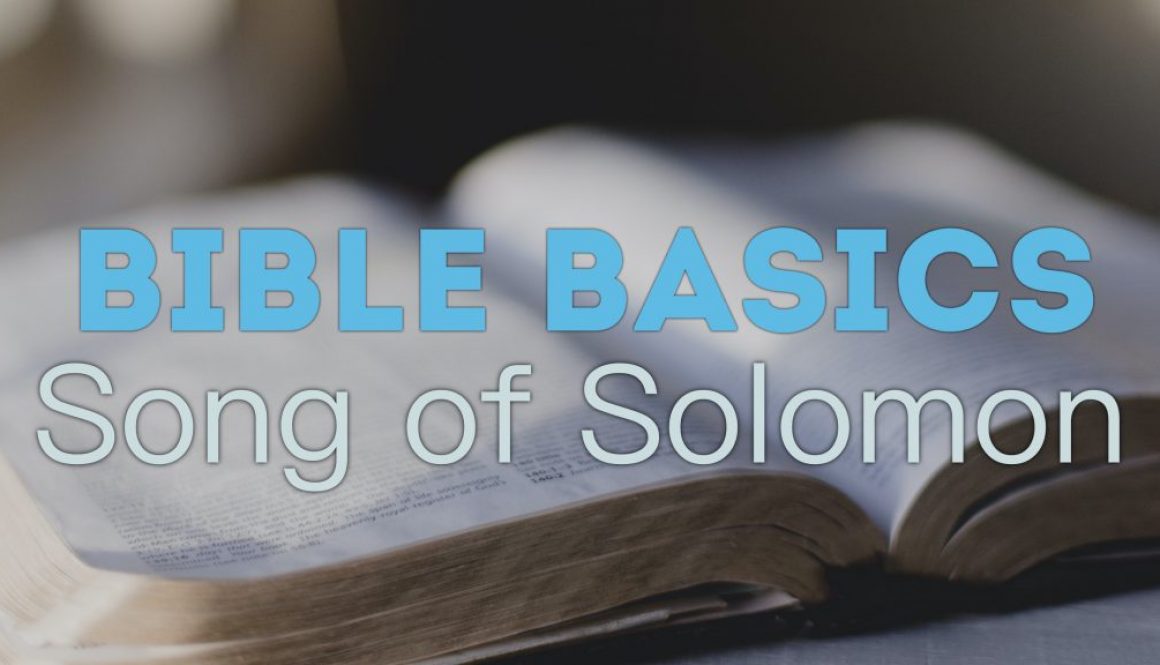Song of Solomon
Author
Tradition holds that Solomon was the author, which is supported by the text itself, as Solomon is mentioned many times within the book.
Date
Possibly around 965 B.C; as most scholars believe that Solomon wrote this book early in life, before his affections for one woman (and for the Lord alone) was overcome by his acceptance of many wives and their gods.
Audience and Purpose
If the Book of Ecclesiastes is Solomon’s exploration of human wisdom and intellectualism written at the end of his life, then the Song of Solomon is his exploration of human emotions and love, written from the perspective of a young man being carried by such things.
Major Themes
- Human Emotion.
- Love and Marriage. In this book of love, written between Solomon and his unnamed lover, we also get a glimpse into the biblical mystery of marriage in Christ and the Church.
Key Scriptures
- Song of Solomon 6:3 — “I am my beloved’s and my beloved is mine…”
Outline
- Song of Solomon 1:1-6:3 — The Longings of the Lovers
- Song of Solomon 6:4-8:4 — The Praises of the Lovers
- Song of Solomon 8:5-14 — The Marriage of the Lovers
Gospel Summary
As Solomon was writing specifically about his own love interest, and exploring human passions and emotions, this book might seem out of place in the Old Testament canon. Young Jewish children are actually forbidden from reading the book of Song of Solomon until they are mature.
At a basic level, our study of the Song of Solomon must understand that it paints a picture of God’s ideals for human love and marriage, including things like monogamy, fidelity, affection, and more. However, in light of the New Testament’s fulfillment of all the Old Testament prophecies of God claiming a people for Himself, we cannot miss the fact that in many ways the book of Song of Solomon is intended by God to be a metaphor of the love between God and His people, specifically between Christ and the church. For example, we can explore this metaphor deeper if we read the book in light of Ephesians 5:25-32.
© Anthony Scott Ingram 2020. All Rights Reserved.
Photo by Carolyn V on Unsplash
Unless otherwise indicated, all Scripture quotations are from The Holy Bible, English Standard Version®, copyright © 2001 by Crossway Bibles, a publishing ministry of Good News Publishers. Used by permission. All rights reserved.”
Please note that I do get a small kickback from Amazon for any purchases made using the links on this post. Should you choose to purchase from them, I just want to say thank you for further supporting my work in ministry!
